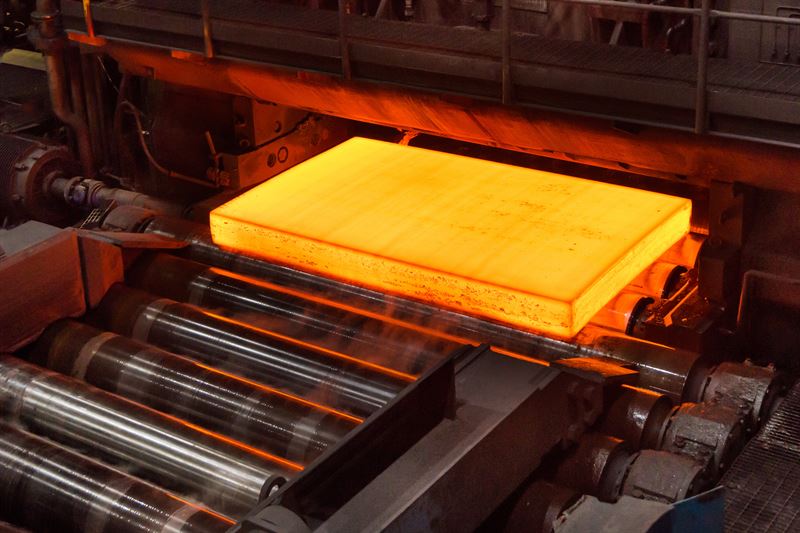
SSAB will display its plan for fossil-free steelmaking at Expo 2020 in Dubai, as well as highlight the importance of fossil-free value chains as a solution to the climate crisis. A green transition is necessary to tackle climate change, it is also the best business plan, strengthens competitiveness and builds prosperity.
As a leader of the steel industry´s green transition, SSAB has already delivered the world´s first trial batch of fossil-free steel in August 2021, which is a breakthrough and shows that it is possible to reduce emissions even in the so-called hard-to-abate sectors.
“We´ve shown that it´s possible to actually make fossil-free steel, and that we can help our customers reduce their environmental footprint,” says Martin Lindqvist, President and CEO of SSAB. “Hopefully we´ll inspire others to make a faster transition and encourage decision-makers to take the necessary decisions. To succeed, all good forces need to act together; corporates, society and scientists.”
SSAB’s plan is to continue to deliver trial fossil-free steel to customers, to deliver fossil-free steel at an industrial scale to the market as early as 2026 and to step by step reduce the company´s emissions to be completely fossil free by 2045. However, in order to achieve and facilitate a rapid green transition, it is necessary to have a policy framework that ensures a global level playing field. There is also need for global standards and definitions on how to measure the climate footprint.
At Expo 2020 SSAB will also showcase HYBRIT, Hydrogen Breakthrough Ironmaking Technology, together with its partners iron ore-maker LKAB and utility company Vattenfall. The three companies created HYBRIT in 2016 with the aim of developing a technology for fossil-free iron- and steelmaking.
Using the HYBRIT technology, SSAB wants to replace coking coal, traditionally needed for ore-based steelmaking, with fossil-free electricity and hydrogen. The result will be the world’s first fossil-free steelmaking technology with virtually no carbon footprint. SSAB has the potential to reduce Sweden’s total carbon dioxide emissions by about ten per cent and Finland’s by about seven per cent.

